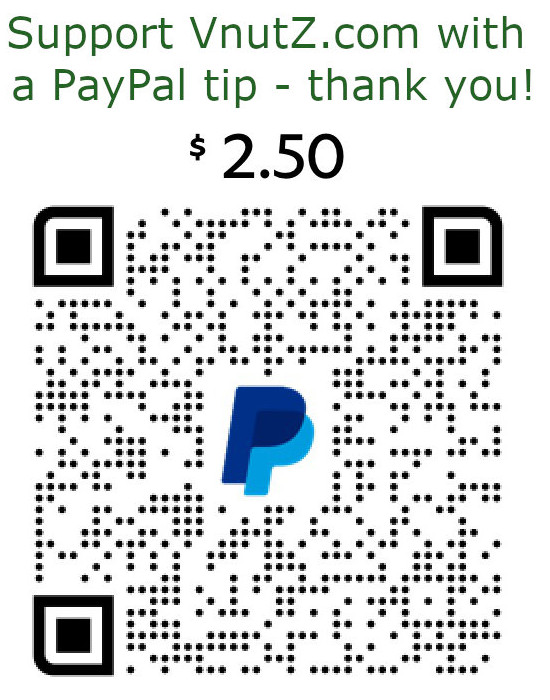Social Media's Influence on the 2016 Election
It's no secret that social media websites occupy an increasingly large part of a user's day. That said, social media sites balance an interesting trend of showing feed content that trends with your history of likes and interest against a more global trend of what content that may be important to you based on advertising or news reports.
The evolution of the news feed as pertaining to the 2016 Presidential Election is very different from how social media presented 2012. Four years ago, the feeds were largely mined by candidates and political researchers for information about user sentiment. For instance, analysis against 2012 Twitter content around geographic centers could be used to ascertain voting trends before results were known. 2016, however, seems to reveal that social media sites may offer less on the observational front and instead influence shaping the vote.
Former FaceBook employees are now on the record reporting they routinely suppressed conservative news in favor of liberal politics. There was even an internal poll by FaceBook employees asking CEO Mark Zuckerberg whether the social media giant should use its influence prevent a Trump victory. As an internally sourced action, this represents a bigger conundrum than top-down directed political interference.
Social Media sites are not held to a journalist's standard of objectivity. Although even media outlets have demonstrated distinct biases towards an affiliation, there is no such expectation from Twitter or FaceBook whose content is derived entirely from populist input. But the omnipresent nature of the sites and their trending algorithms to determine featured posts are going to serve as an unprecedented source of band wagon belief reinforcement that's never been seen before in American politics. No matter your personal opinion on the candidates, is this a healthy situation for the future of government? Is this a scenario that warrants an investigation by political figureheads?


